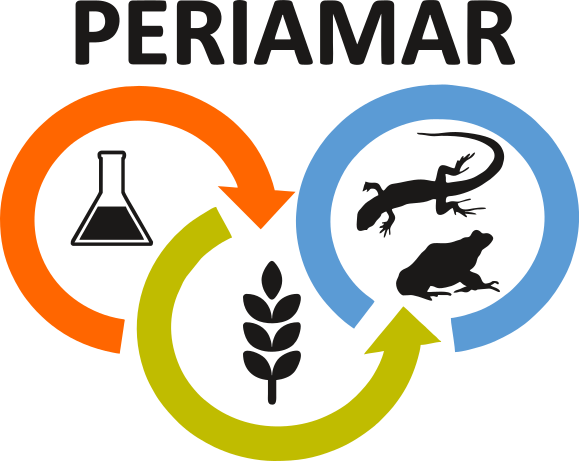Description
The main objective of this project is to establish the impact of pesticides on Bulgarian species of amphibians, taking into account local characteristics and agricultural practices.
The following hypotheses will be tested:
1. Habitats in arable lands will have a deteriorating biochemical quality of water compared to those outside arable lands, and accordingly a lower species diversity will be observed.
2. The identified active substances will disrupt the development of amphibians, as their effect is enhanced by additives in commercial products.
The research ponds are located in the districts of Sofia and Plovdiv, and are selected based on our previous experience in working on conservation projects related to wetlands, biodiversity and agriculture.
Successful completion of the project will anwer the following questions:
1. What is the effect of existing agricultural practices on amphibian populations living in or near arable land (including reduced species diversity/numbers/BCI, etc.)?
2. What are the active ingredients (or combinations) with the greatest negative impact on amphibians?
3. What are the potentially most vulnerable species and what mitigation measures can be proposed?
4. How are the results of real field research compared with the results of laboratory experiments and how can this comparison contribute to future ODP in amphibians and reptiles?
Additional information
|
Chemical
|
Emerging Contaminants,
Pesticides / PPP,
Herbicides,
Insecticides
|
|
Taxa
|
Amphibia
|
|
Study Framework
|
Field or semi-field experiment,
Laboratory experiment
|
Outputs
In order to disseminate the results obtained within the project, at least two participations in international scientific conferences in 2022 and 2023 are planned.
The most important results will be published in a series of publications in open access scientific journals.
Files

